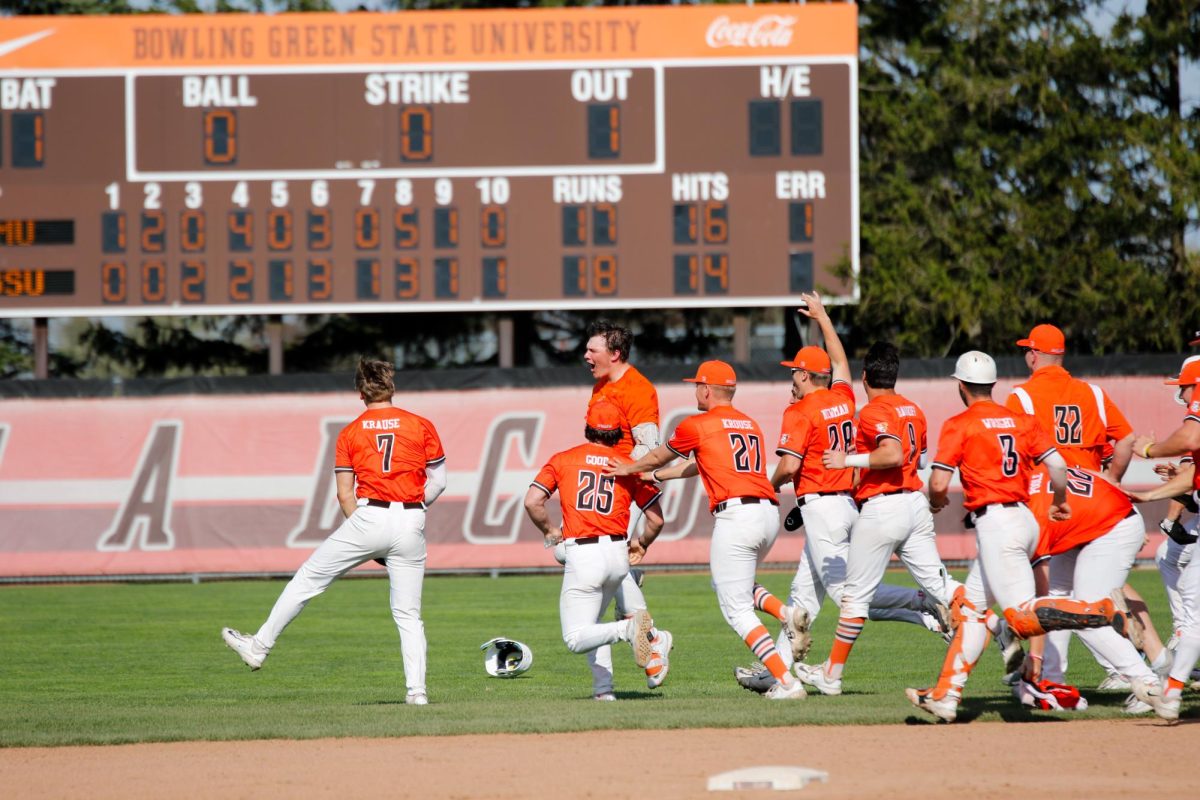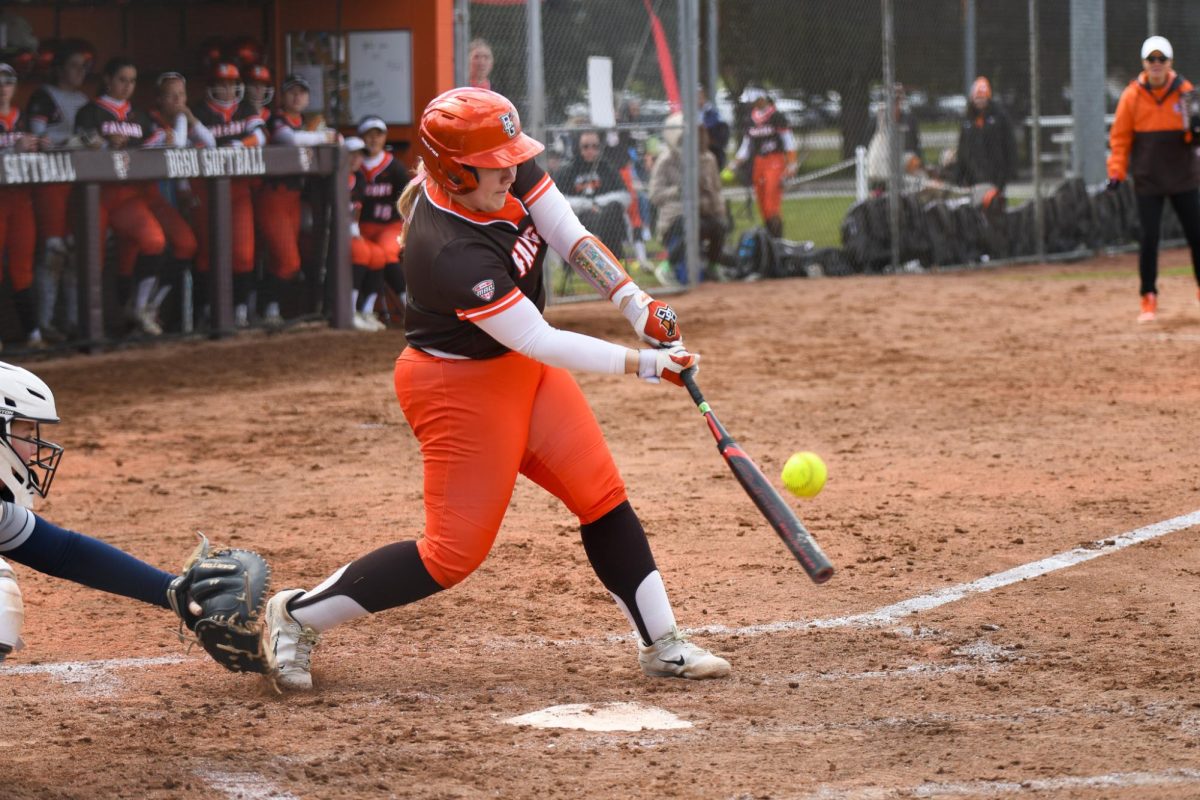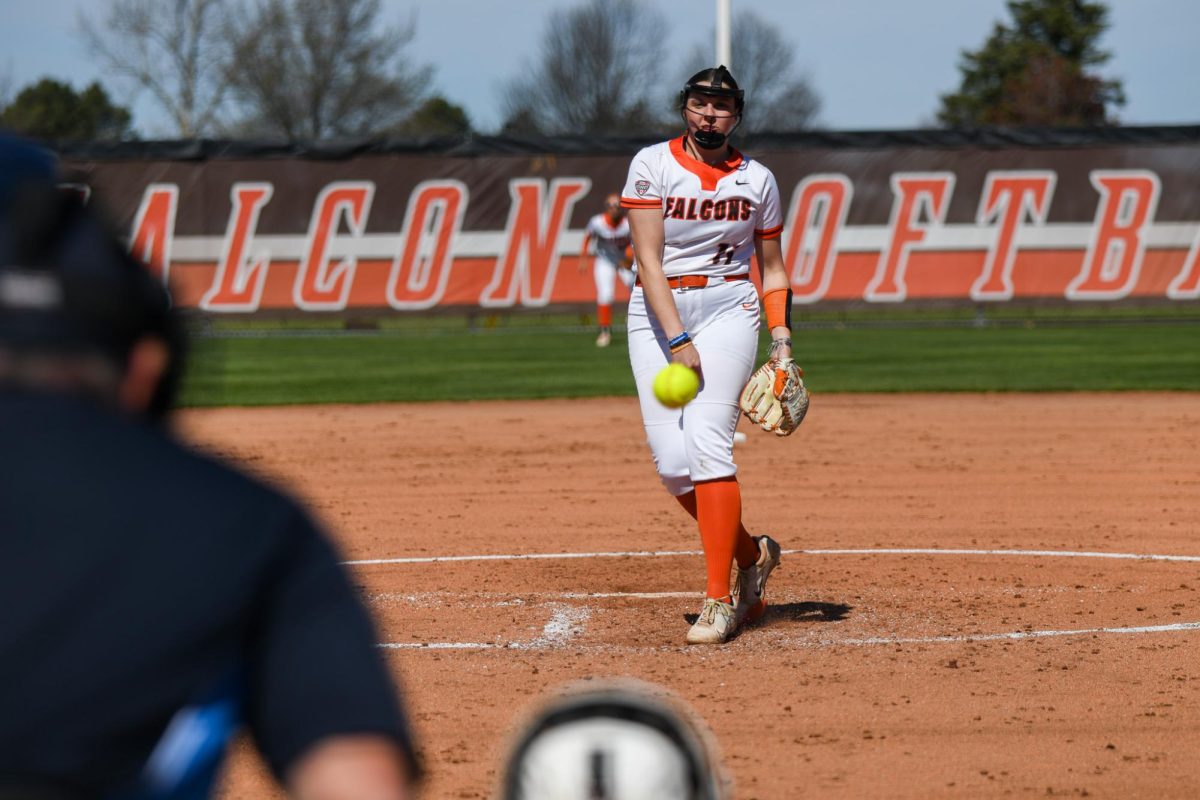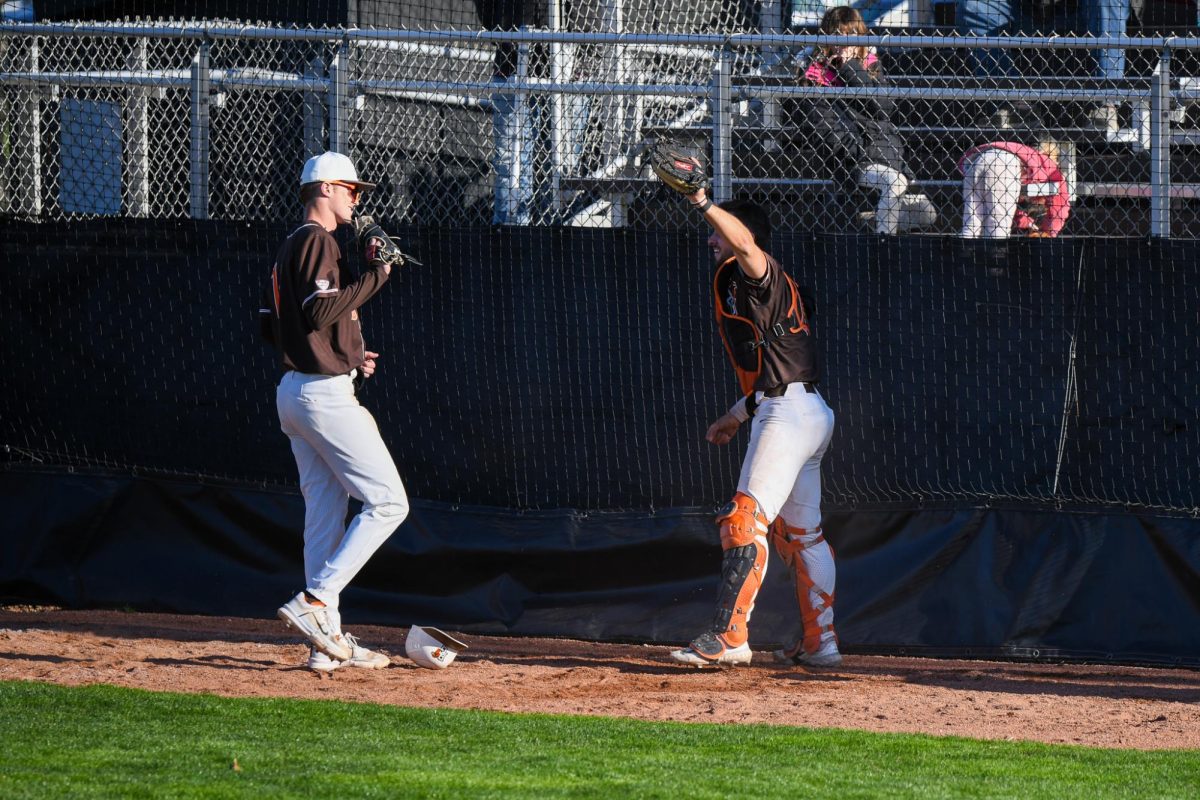BEIJING – A tentative agreement on initial steps toward North Korea’s nuclear disarmament could set the stage for the first concrete progress after more than three years of talks marked by delays, deadlock and the communist country’s first nuclear test explosion.
The U.S. envoy to the talks, Assistant Secretary of State Christopher Hill, emerged in the early morning hours today looking weary after a marathon 16-hour negotiating session and announced that a tentative deal had been struck at the latest round of six-nation talks on the North’s nuclear program.
The draft agreement contained commitments on disarmament and energy assistance along with “initial actions” to be taken by certain deadlines, Hill said. Working groups will be set up, hopefully in a month, laying out a framework for dealing with regional tensions, he added.
He declined to give further details of the draft.
The agreement could herald the first step toward disarmament since the talks began in 2003. The process reached its lowest point in October when North Korea conducted its first nuclear test explosion, alarming the world and triggering U.N. sanctions.
In the last few days, the talks had appeared to be on the verge of foundering and envoys made clear that their frustration was increasing and their patience growing thin. The current round was to conclude yesterday but as they progressed toward a deal, negotiators extended it late into the night and then into the early hours of today.
Hill said the draft agreement still must be reviewed by the home governments of the six countries at the talks, but he was upbeat about it. He said he was in “constant communication” with Secretary of State Condoleezza Rice.
“We feel it’s an excellent draft, I don’t think we’re the problem,” he said.
North Korea did not immediately make any public comment, but South Korea’s envoy Chun Yung-woo said he believed the proposal would be acceptable to Pyongyang.
Chun said the five other countries agreed to evenly share the energy aid outlined under the deal.
However, Japan and Russia were more noncommittal. The Japanese envoy, Kenichiro Sasae, said it was “too early to tell” whether Tokyo was satisfied.















